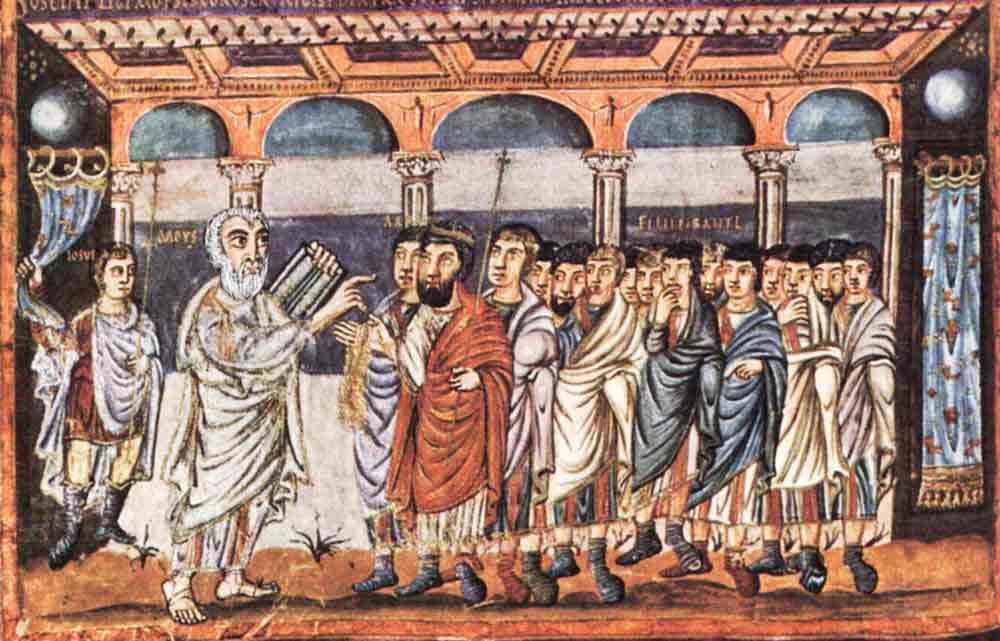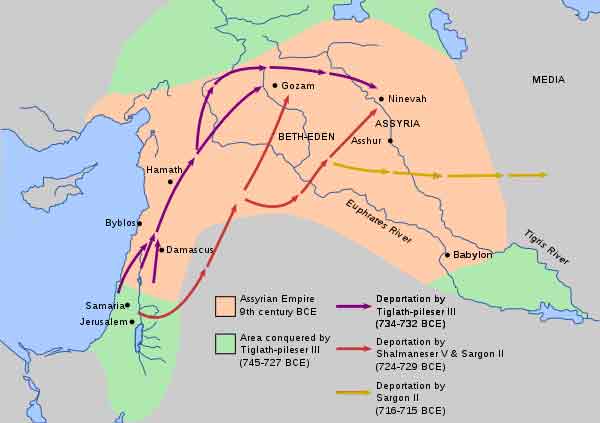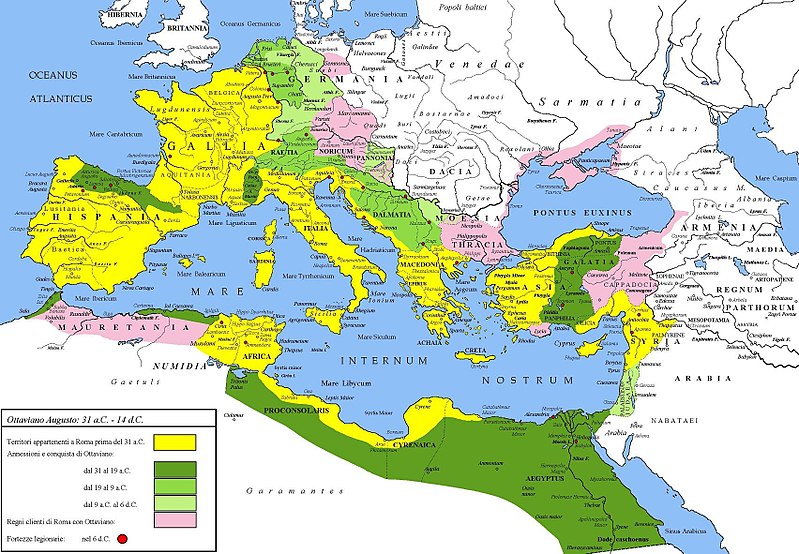
Things were gradually looking up for the Jews, who had suffered hardship, oppression and anguish for thousands of years. With the 19th century had dawned hope; for it was at this time that the seeds of Zionism were sown.
‘Judaism’ and ‘Zionism’ are not quite the same. Judaism guides about following the Jewish religious principles and tenets and so is for the Jews, a source of guidance purely at the religious level, be they in any part of the world.
On the other hand, Zionism, which means ‘Jewish nationalism’, advocates that the Jews come together to live in a nation with a Jew majority, established on the land that God promised to the Patriarch Abraham and this, presupposing of course, that every Jew abides by the Jewish religious principles and tenets at his individual level.
As its core concept, Zionism propounded the establishment of a modern and independent ‘Jewish homeland’ and has played an important role in bringing into existence, the independent Jew-nation of ‘Israel’.
By the start of the 19th century, the number of countries with a sympathetic approach towards the Jews, was steadily on the rise. Taking advantage of this changing situation, many Jewish thinkers and intellectuals started to highlight before the world, issues concerning Jews on various platforms.
Of course, the problem was twofold. That the land of Canaan gain international recognition as a ‘Jewish nation’ was of course one of them, the other being drawing the Jews settled in various parts of the world back to Jerusalem. (The process of the immigration and settling of the Jews from the diaspora to the land of Israel is referred toas ‘Aliyah’ in the Hebrew language). But, a large section of the Jews spread across the world was not very keen to return to Jerusalem due to the persistent unrest in the region, its precarious future not to mention the fact that the Holy Temple did not exist anymore. It was thus necessary to encourage the Jews to return to Jerusalem as even though the number of the countries in the world which held a sympathetic outlook towards the Jews was steadily increasing, yet socially speaking, especially in Europe, those were times that saw a rise in anti-Semitism.
Towards the end of the 18th century and in the 19th century, the thinkers who are considered to have contributed substantially towards persuading the Jews in the diaspora to return to Jerusalem were ‘Judah Bibas’ (AD 1789-1852), ‘Zvi Hirsch Kalischer’(AD 1795-1874) and ‘Judah Alkalai’ (AD 1798-1878),a student of Judah Bibas.
To these three is due, the credit of a very valuable contribution, that of the internationalization of the various issues concerning the Jews, apart from another commendable accomplishment viz. the building of the public mindset by driving home the notion that unless the Jews returned to Jerusalem, their rightful land, they would continue to receive the second-class treatment; which in turn emphasized the imperativeness of their return. It thus becomes quite clear that even before the concept of Zionism was born, these three men had laid its foundation.

Born in Gibraltar to a family of Sephardic Jews (Spanish Jews), Rabbi Bibas toured Central Europe during 1839-40. He visited many Jewish settlements during the tour. Bibas who was a doctor by profession, was well-versed in English, Italian, Spanish and Hebrew. Being a polyglot helped Bibas communicate effectively. That the Jews spread across the world return to their native land of Jerusalem and establish an independent nation of the Jews, resorting to negotiations with the Ottomans since Jerusalem was then part of the Ottoman Empire or if need be, to confrontation and win back the Holy Land, was the plan and aspiration of Bibas.
‘Zvi Hirsch Kalischer’ who was Bibas’s contemporary, upheld the same thought. At the end of a comparative study of the Jewish and the Christian religious literature of his time and of the Middle Ages that he undertook, Kalischer, a Rabbi in Germany (in the then province of Prussia), reached the conclusion that in order that the Jews preserve their self-respect, the establishment of an independent nation was the one way out for them. Kalischer proposed that the enormous funds needed to achieve this goal should be collected from the Jews in the diaspora settled across several nations, that as much land as was possible be bought and farming be undertaken in Canaan, that an agricultural training school be founded in Canaan; and last but not the least, an independent army of the Jews to protect the Jewish settlements in the Canaanite land be raised.

Kalischer travelled extensively for the purpose of this aim. He organized numerous meetings in a number of German cities and established many organizations which were meant to facilitate his mission. Kalischer was singularly committed to the cause of the creation of the Jewish homeland, a cause that he remained singularly committed to, and a mission he worked for gratuitously. In fact it was his wife, who took up odd jobs to earn their livelihood.
‘Judah Alkalai’ was the third whose contribution to this same mission was sizable and of course commendable. Alkalai was born in the city of Sarajevo in Bosnia, which was then part of the Ottoman Empire. In his youth, Alkalai had come in contact with Judah Bibas and impressed with his thoughts became his student. Asserting that the Jews must once again return to their native land of Jerusalem, he had put forth a few pragmatic ideas, viz. – ‘Hebrew’ be made the national language of the Jews, the funds received from the Jews all across the world be utilized to buy land in Canaan and, a committee of the influential and highly-educated Jews aimed at gaining international recognition for the new Jewish nation be formed. Most of these suggestions, if not all, later went on to become part of the official resolution of the ‘First Zionist Congress’.

Alkalai’s writings explore from a practical point-of-view, the approach to be taken and the details to be discussed while deliberating with the Ottoman Sultan to persuade him to cede the land of Jerusalem to the Jews.
During those days, many faithful Jews from the diaspora believed in the prophecy mentioned in the Jewish religious texts that ‘a Jewish Messiah would come and bring together all the Jews from across the world and take them to the ‘Holy Land’. Hence they were of the opinion that people show restraint until the Messiah arrived and not interfere with the divine plan by returning to Jerusalem on their own, before time.
However, Kalischer and Alkalai opposed this perception and firmly asserted that divine though the plan was, it was extremely essential to supplement it with human effort, i.e. ‘self-help’.
One of the Jews highly influenced by Alkalai’s philosophy was – ‘Theodore Herzl’ – who, in due course, came to be known as the father of ‘Zionism’. (To be continued…)











